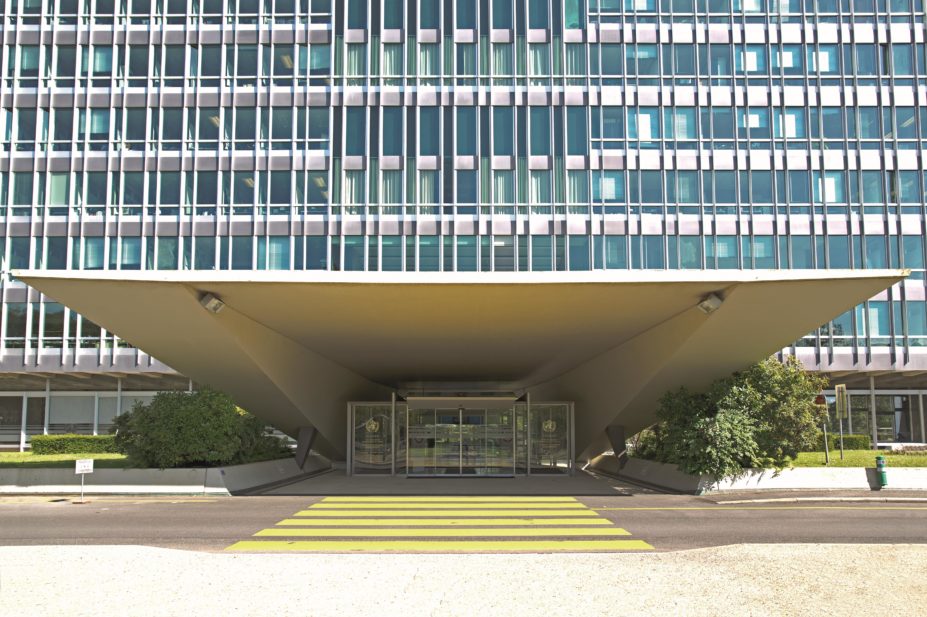
Martin Good / Shutterstock.com
Substandard and counterfeit medicines pose a growing threat to global health and greater global efforts are needed to counter the problem, experts have warned at an international forum.
Speaking at a session on 27 May 2016 at the annual assembly of the World Health Organization, Zuzana Kusynova, policy adviser at the International Pharmaceutical Federation (FIP), which represents pharmacists and pharmaceutical scientists, said it was important to safeguard the legitimate supply chain of medicines.
“It was vital for pharmacists to refer cases to authorities if they find suspected cases of substandard, spurious, or counterfeit medicines,” she added.
These products are known as SSFFC — substandard, spurious, falsely labelled, falsified and counterfeit medicines — and can affect both branded and generic products.
Hans Hogerzeil, professor of global health at the University of Groningen in the Netherlands, pointed out that there are no good estimates on the frequency of falsified medicines, but that “we have some information on the frequency of substandard medicines”.
The WHO says there are many estimates of the scope and scale of the market in SSFFC medical products but little validated evidence to underpin those estimates.
Since 2013, when the WHO asked member states to report SSFFC incidents in a systematic format, more than 1,114 medical products have been reported covering main therapeutic categories. If any of the notifications pose a serious threat to global health, the WHO issues a global medical product alert.

